Ingredients
| Recommended daily intake | *RDI | |
|---|---|---|
| Coenzyme Q10 | 50 mg | ** |
| L-carnitine | 350 mg | ** |
| L-arginine | 100 mg | ** |
| Vitamin A | 483 μg | 60 % |
| Vitamin E | 100 mg | 833 % |
| Vitamin D | 10 μg | 200 % |
| Vitamin C | 65 mg | 81 % |
| Vitamin B6 | 2 mg | 143 % |
| Zinc | 30 mg | 300 % |
| Selenium | 100 μg | 182 % |
| Folic acid | 600 μg | 300 % |
| Vitamin B12 | 60 μg | 2400 & |
| *RDI = Recommended daily intake / ** - RDI no recommendations. |
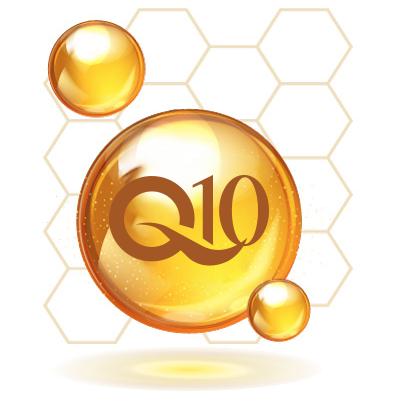
Coenzyme Q10
The coenzyme Q10 is an antioxidant, which is crucial for numerous processes in the body, and various studies have shown that it plays an important role in improving fertility.
The coenzyme Q10 is a very important ingredient in the body, because it plays a key role in the production of cellular energy and as a highly efficient natural antioxidant it successfully combats free radicals and protects cells from DNA damage.
Research have shown that an addition of coenzyme Q10 to diet has a positive influence on certain seminal fluid quality parameters in infertile men. Namely, it improves sperm density, morphology and motility. Because coenzyme Q10 maintains cellular energy, there is a lot of it in sperms, because they need energy to move and penetrate cervical mucus, while both increase the likelihood of fertilisation. As an antioxidant, the coenzyme Q10 helps neutralize oxidative stress, which damages sperm DNA.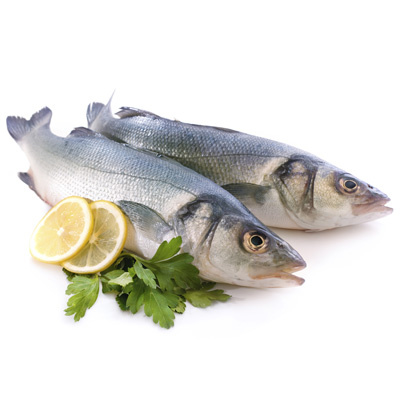
L-CARNITINE
L-carnitine is present in every body cell, because it plays an important role in energy production. It improves fertility by positively impacting sperm count, motility and morphology, while also protecting gametes and their DNA against oxidative stress.
Carnitine is produced by human body from aminoacids lysine and methionine, its biologically active form is L-carnitine. It is a compound, which is involved in the production of energy and elimination of related waste products. As an important antioxidant it protects cells from oxidative stress.
Researchers have established significant differences in the quantity of L-carnitine in seminal plasma in fertile and infertile men, which leads to the conclusion that low values of L-carnitine are related to infertility. The result of deficiency is a low sperm count and motility as well as abnormal morphology. As an antioxidant it protects sperm from damages caused by free radicals, which is crucial for maintaining fertility.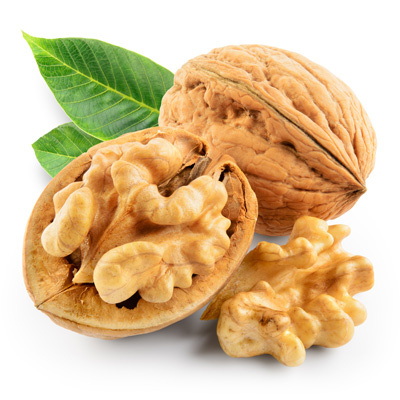
L-ARGININ
This non-essential aminoacid plays numerous roles in human body. Thanks to its direct influence on blood flow regulation it helps maintain erection and researches have shown that an addition of L-arginine to a diet positively influenced sperm count, motility and density.
Arginine is a non-essential aminoacid (not urgently required for life), which has an important role in the functioning of the circulatory system, cell division and hormonal release, and also in wound healing, elimination of ammonia from the body and functioning of the immune system.
Being a predecessor of hydrogen oxide, L-arginine improves blood flow and good blood supply is crucial for strong erection. It also impacts sperm quality by increasing the sperm’s volume as well as sperm count and motility.
VITAMIN A
Vitamin A contributes to good eye health and immune system and contributes to body growth and development. Because it also affects gene activation, in men vitamin A is needed for normal spermatogenesis (sperm production).
Vitamin A is a fat-soluble vitamin required for normal functioning and development of eyes, skin, immune system and numerous other body parts. Researches have also shown that it is supposed to protect body from certain forms of cancer.
Researchers have established that vitamin A plays a key role in sperm production by having a positive effect on sperm count.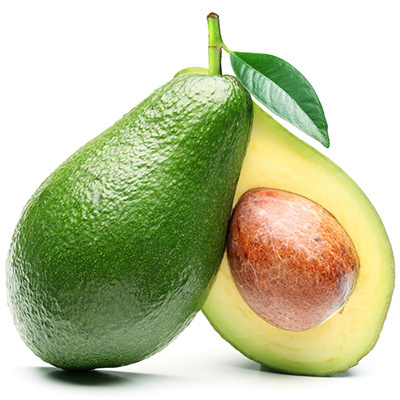
VITAMIN E
Vitamin E is a powerful antioxidant involved in enzyme reactions and expression of genes, while it is important in improving fertility because it protects sperm against oxidative stress and improves its quality.
Vitamin E is one of the strongest antioxidants. It is a water-soluble substance, which protects cell membranes from free radical-induced damage, but it also plays other important roles in human body, because it is involved in enzyme reactions and neurological functions and gene expression.
Thanks to its antioxidative activity in men, it protects sperm and its DNA against oxidative stress, while having immediate effect on improved sperm quality. Researchers have reported a significant reduction of lipid peroxidation (oxidative sperm changes caused by free radicals) in men who were taking supplemental vitamin E. Lipid peroxidation is said to have direct impact on lower sperm quality (motility and respiratory activity).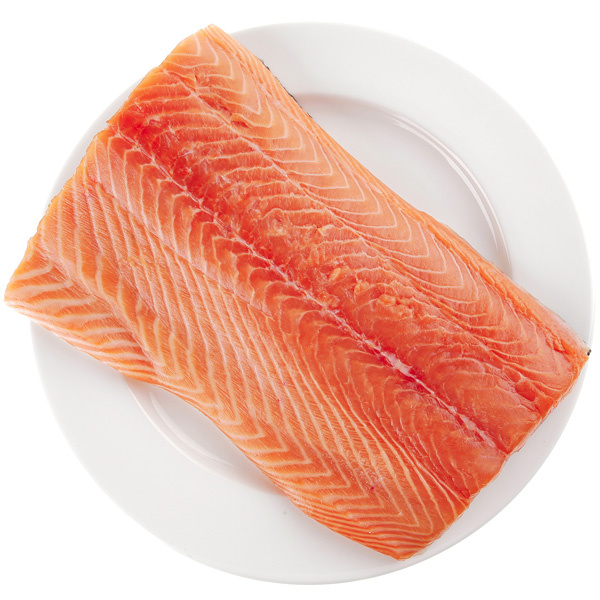
VITAMIN D
Infertility in men is often linked to deficiency of the vitamin produced by human body when exposed to sunlight. Vitamin D helps in the production of sex hormones, improves sperm quality and it is also said to impact rise in testosterone levels.
Vitamin D is a compound the body is capable of producing on its own, but only when exposed to sunlight. It is responsible for healthy bones and researchers also link it to successful weight loss and prevention of cancer, diabetes, multiple sclerosis and depression.
Men, who have problems with fertility, are often associated with low vitamin D levels, because it plays an important role in the production of sex hormones. A recent study has shown a direct connection between vitamin D3 levels in the body and quality of sperm produced by body. Sperm of men with higher vitamin D content in blood was better in quality; sperms were faster and better swimmers and had more success in penetrating into the ovum. Studies have also shown the role of vitamin D in rising levels of testosterone, another factor influencing male fertility.
VITAMIN C
One of the most known vitamins is mainly an important water-soluble antioxidant, which protects against oxidative stress and reduces the chances of chromosome abberations in sperms. It also regulates hormone levels and improves the quality of seminal fluid.
Vitamin C or ascorbic acid is a water-soluble antioxidant, which is of crucial importance for a healthy body. It is involved in numerous enzyme reactions, maintains a strong immune system, protects cells against oxidative stress, while elso ensuring improved absorption of iron, which is also an important element for optimum fertility. Oxidative stress, which is caused by free radicals, in both men and women renders any reproductive efforts difficult because of negative influence on sperm DNA.
Seminal fluid normally contains a lot of vitamin C, which protects sperm against oxidative stress during development and when mature. Vitamin C deficiency is expressed in lower-quality sperm: lower sperm count and motility and higher chance of morphological abnormalities.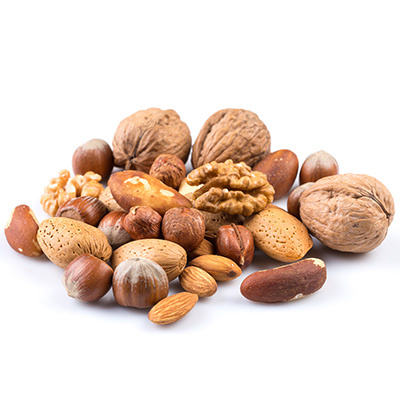
VITAMIN B6
Vitamin B6 or pyridoxine is a highly active substance involved in more than 100 reactions. It has an important role in formation of proteins, chemical messengers, red blood cells and other elements in human body.
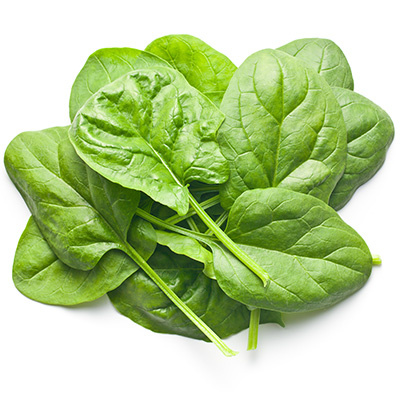
ZINC
Zinc is a microelement, involved in numerous important processes in human body and its deficiency may cause hormonal imbalance and affect cell division. It is responsible for normal maturation of sperms and testosterone balance.
Zinc is a metal, in human body it is a microelement, involved in numerous important processes. It boosts the immune system and is a component of numerous enzyme systems, among others also a complex of DNA polymerase, which is crucial for successful reproduction.
Sperms contain a lot of zinc, because it is needed for the synthesis of their membrane and tail. Zinc deficiency in human body is reflected in numerous fertility-related problems. It disables normal maturation of sperm, which results in insufficient power and motility to fertilise the ovum. Because zinc also impacts hormonal balance, its deficiency can aggravate conception due to negative impact on testosterone levels.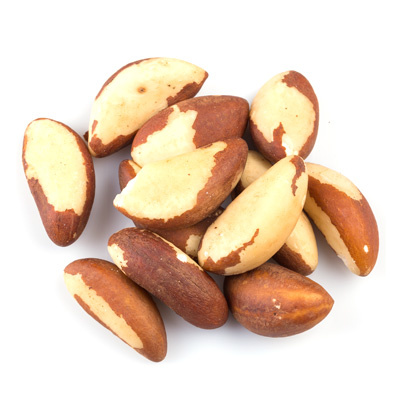
SELENIUM
This element is an essential nutrient, which also contributes to correct metabolism of thyroid hormones. As an antioxidant it protects eggs and sperms against oxidative stress. It also supports formation and natural structural integrity of sperm.
Selenium is a mineral, which is an urgently required microelement in the human body. It protects cell DNA against oxidative stress, supports DNA synthesis and plays an important role in the metabolism of thyroid hormones.
Research has suggested the meaning of selenium for healthy development and optimum activity of sperms. Selenium is present in testicles in the form of phospholipid-hydroperoxide glutathione peroxidase or PHGPx. It is a form of glutathione, an important aminoacid and antioxidant, which reduces oxidative stress and protects sperms.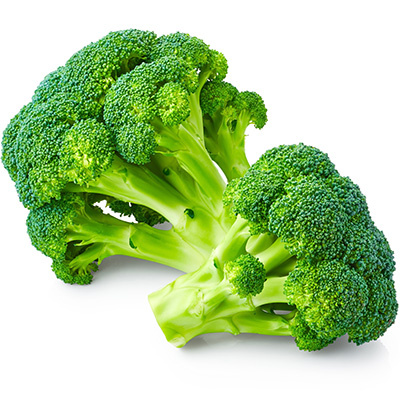
Folic acid
B9, folate or folic acid is probably one of the most known vitamins connected to pregnancy. Even though it is more known by women, it also affects male fertility, because it contributes to homocysteine metabolism, the side product of protein metabolism, which has a negative impact on sperm quality.
Folic acid is a synthetic form of folate, vitamin B9, which is needed for the production of cell building blocks (DNA and RNA) and protects from DNA changes, which may lead to cancer, and helps produce red blood cells. It is very important in the period of fast cell growth, i.e. also during pregnancy.
One of the main reasons for poor sperm quality is increased homocysteine levels in the system. Homocysteine is a side product of protein metabolism and excessive quantities may lead to testicle blood supply disorders, and insufficient blood supply means lower sperm count and motility.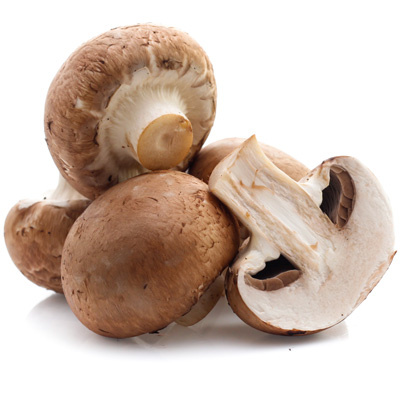
VITAMIN B12
This water-soluble vitamin plays a crucial role in normal functioning of the nervous system and formation of red blood cells. Addition of vitamin B12 to diet significantly increases sperm count, while its deficiency can result in erectile dysfunction or impotence, which renders the conception difficult.
B12 or cobalamin is a water-soluble vitamin, which is in charge of normal functioning of the brain and the nervous system and the formation of red blood cells. It is involved in the metabolism of every cell in the body, but it mainly influences the DNA synthesis and metabolism of fatty acids and amino acids.
B12 is important for DNA development and synthesis, which are important components of sperm development. B12 deficiency may significantly affect sperm quality. Studies have shown that addition of vitamin B12 significantly increases sperm count. In some cases, insufficient quantity of the vitamin can be the cause for erectile dysfunction (also impotence), because B12 deficiency in the long term damages penis nerves, which disables erection.
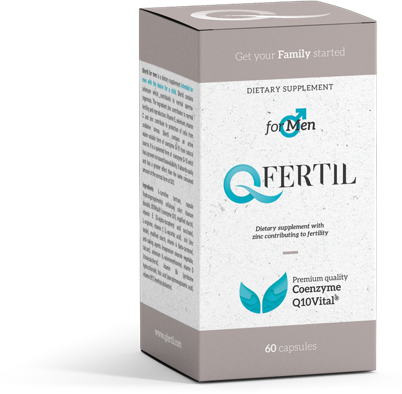
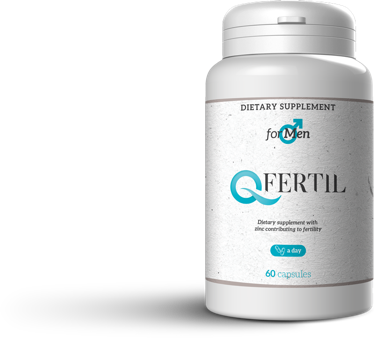
Prices Qfertil for men
| 1 container for 1 month | 32.80 € |
| 2 containers for 2 months | 62.32 € |
| 3 containers for 3 months | 88.56 € |









 ACCEPT
ACCEPT